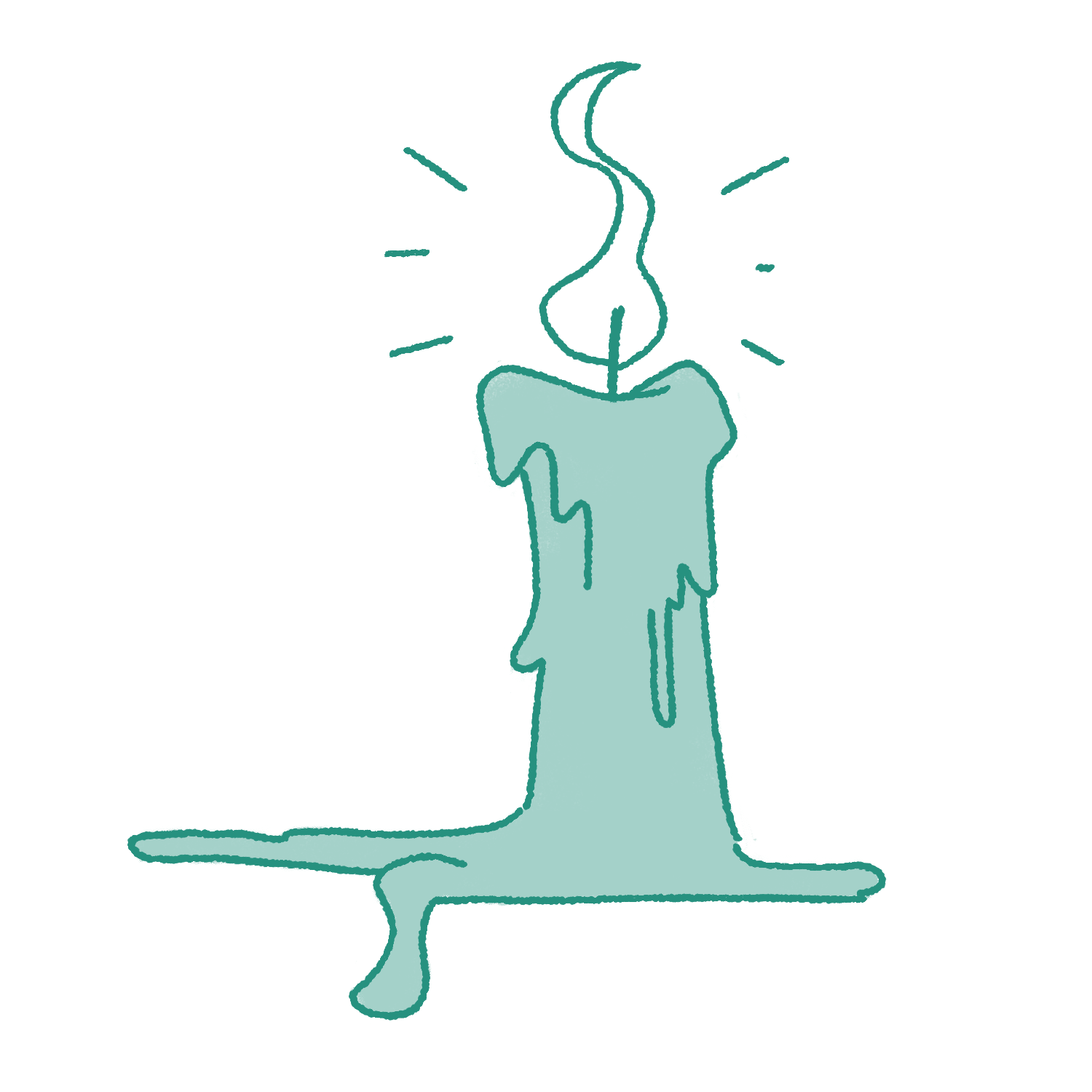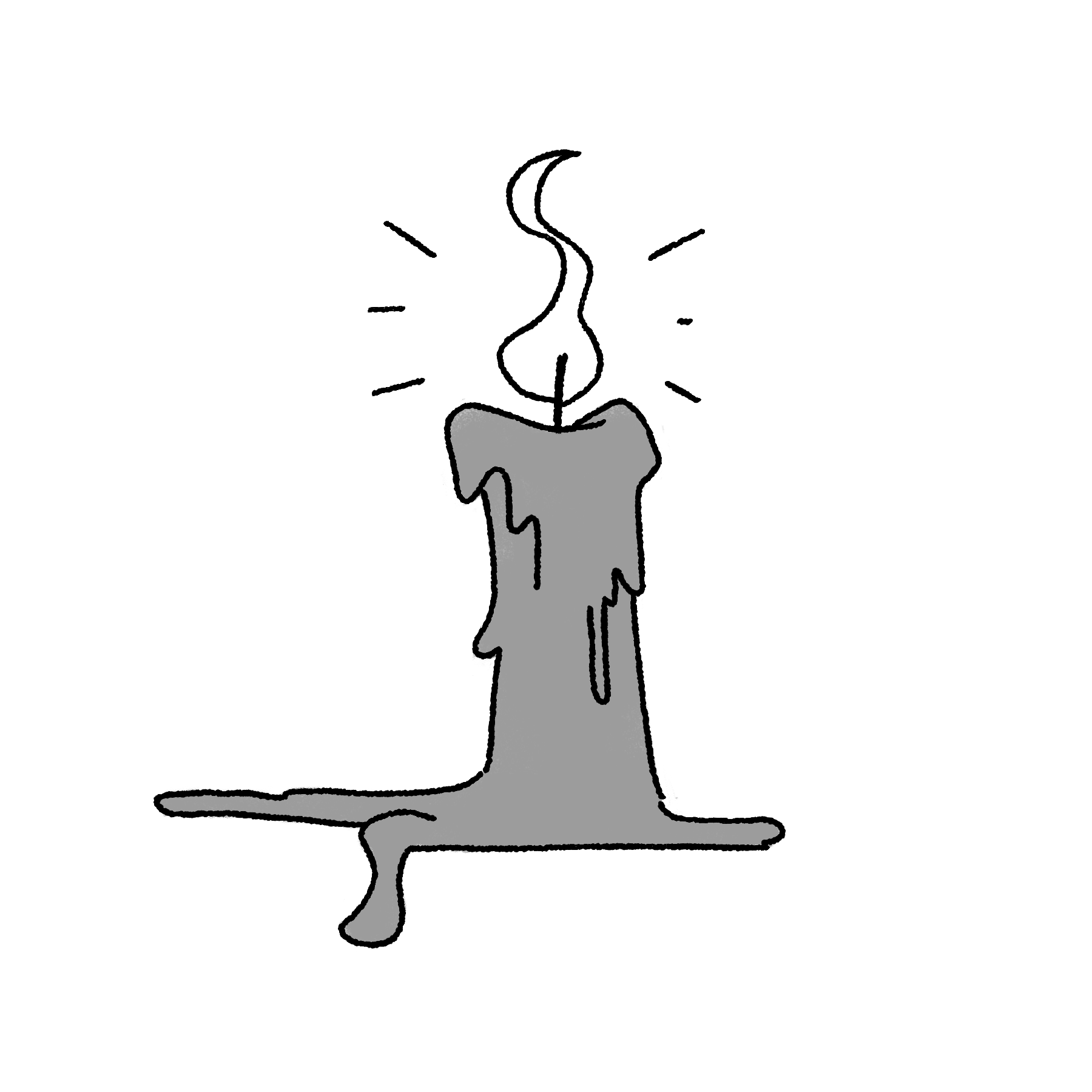Short Story Canada
by Cordelia Shan
There was a camera.
One early morning in the winter of 1986, three months after marrying Mom, Dad returned to work as a police officer on board a train from Beijing to Guangzhou. While the train was about to take off from a 20-minute break, my young dad noticed a lao wai, a white guy who seemed in his middle age was taking photos at the train platform without seeing the train about to head out. My dad yelled a few simple words in English he’d learnt and the white guy seemed to understand, running as fast as he could to catch the train. Dad reached out to his arms and just managed to pull the man up to the train.
That evening, that white guy tracked down my dad and sat together for coffee. They communicated by pointing to words in a dictionary. Xie Xie, thank you. This middle-aged white guy said that he came from Canada. Dad responded with a big smile. He pulled a piece of paper from his notebook, drew a doctor with a maple leaf, and wrote the name Dr. Norman Bethune. The white guy smiled back and continued with that dictionary. He was an employee of the Canadian Pacific Railway, and it was his dream to come to China to see the trains and railways there. He pointed to several other words in the dictionary, “I, would, like to, express, my, gratitude.” Then, he started drawing on the paper. It was a long railway with many people lying on the tracks.
Before saying goodbye, the white guy gifted his camera to my dad. My dad would go on to take a lot of photos with that camera. Some pictures of work, some of my mom, many of me.
On an afternoon in the winter of 1997, I got my first ice skating shoes. Dad and I went to the Summer Palace for my first skating class on the frozen lake.
“Nippon-sei, Made in Japan,” I read it out loud to my dad. Dad listened and tied my skates patiently. “My first skating shoes were made in Canada, and I am still wearing them today,” he said slowly.
“Canada,” I repeated, “where is Canada?”
“Far,” Dad answered, “somewhere far from us.”
On a cold evening in 1999, Dad arrived at Calgary International Airport alone. He was there to pick up a great uncle from his mother’s side. They had never met before. Great-Uncle said he wanted to retire and pass on his furniture factory to my dad, who was the only eligible man still alive in the family. Great-Uncle told my dad that he reminded him of his own child. That he’d be as old as my father was were it not for the internment camps. His wife and the kids all passed away there. My dad asked more about the camp, and Great-Uncle told him.
The following day, they settled for tea. As a second and third generation Japanese descendant, though neither of them could speak Japanese well. My dad had thought about the camp the whole night. He proceeded to take some photos out of his notebook, and using his broken English, he said; “despite everything Japanese soldiers did in China, and the horrible trauma they left for every single Chinese, after adopted by Chinese families, my parents and all their kids and our kids all had and are having a good life in China. Yes, we went through famine and the Cultural Revolution, and we are not rich but happy. But, we are good. No one, no one sent us to a camp."
The tea went cold. He slowly put the photos back into his purse and looked at his great uncle’s sad face, “I don’t want my family to go through any harm. I want my child to grow up proud of who she is.”
Dad returned to Beijing the next day without staying any longer or taking over the factory.
On a summer afternoon in 2012, mom and dad saw me off at the Beijing International Airport. Dad said, “take care and don’t let others tell you who you are. There will be pain, there will be tears. But you know who you are. I trust you. Try to trust yourself as well.”
After a 13 hour flight, I arrived at Vancouver International Airport, alone; held the passport and study permit in hand, tightly; dragged the tattered suitcase behind me.


